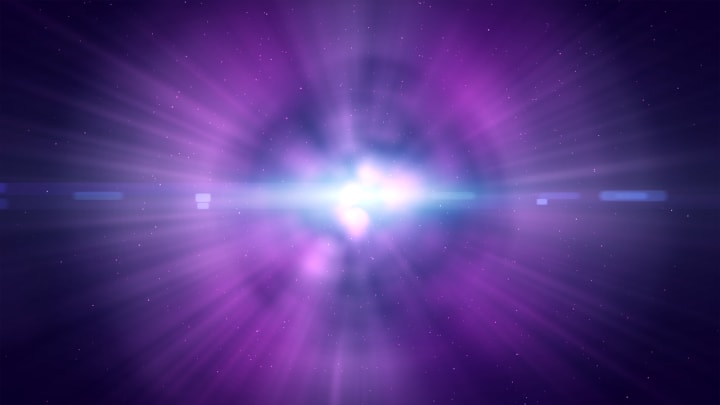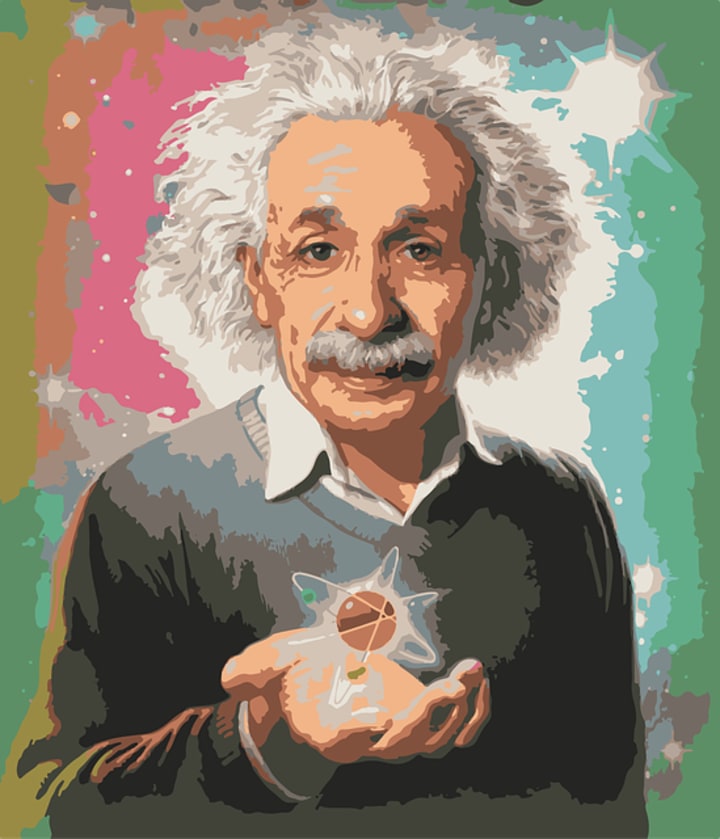Dark Energy, Still A Mystery
AI can unveil the Universe's Hidden Force

Dark energy is an enrapturing puzzler in the domain of astronomy, filling in as a placeholder for the slippery power that impels the universe's extension. This peculiarity opposes traditional comprehension, convincing researchers to dig further into its intricacies.
Introduction to Dark Energy
At the core of cosmological secrets lies dark energy, a puzzling power that coordinates the sped-up extension of the universe. Dissimilar to apparent matter, dark energy works past the limits of human perception, leaving astrophysicists wrestling with its tricky nature.
Understanding Cosmic Inflation

The age of grandiose expansion, particularly from the post-enormous detonation development, denotes an essential stage in the universe's development. Closely resembling giving a swing an underlying push, grandiose expansion starts an outpouring of extension, challenging gravitational requirements.
The Enigmatic Nature of Dark Energy
Dark energy's development as a predominant enormous power highlights the significant holes in astrophysical comprehension. While dark matter is a critical part of the universe's mass, dark energy's predominance stays odd, containing roughly 70% of the universe's energy spending plan.
Comparing Dark Matter and Dark Energy
Recognizing dark matter and dark energy is central in disentangling the universe's secrets. While dark matter applies gravitational impact, dark energy appears as a far-reaching force, dividing heavenly bodies.
Limitations in Understanding Dark Energy
In spite of progressions in cosmological exploration, dark energy's tricky nature presents considerable difficulties. Its immaterial properties oppose traditional perception, leaving researchers dependent on hypothetical structures for clarification.
Exploring the Cosmological Constant
The idea of the cosmological steady, presented by Albert Einstein, holds verifiable importance in cosmological talk. At first disposed of as unnecessary, its resurgence as a conceivable clarification for dark energy highlights the development of astrophysical standards.
History of the Cosmological Constant

Albert Einstein's definition of the cosmological consistent expected to keep a static universe, an idea exposed by Edwin Hubble's progressive perceptions. Einstein's underlying excusal of the cosmological steady as a hypothetical relic highlights the intricacies of cosmological request.
Resurgence of Interest in Dark Energy
The disclosure of a speeding up universe reignited interest in the cosmological consistent, crediting dark energy to the vacuum energy saturating space. Notwithstanding its reasonable arrangement with observational information, inconsistencies continue, testing winning hypothetical structures.
Challenges in Current Understanding
The ambiguity between hypothetical forecasts and observational information highlights the significant difficulties in fathoming dark energy. Quantum physical science places a cosmological steady immeasurably not the same as exact perceptions, featuring the cryptic idea of dark energy.
Discrepancies with Quantum Physics

Quantum mechanical expectations wander fundamentally from noticed values, representing a considerable impediment in accommodating hypothetical structures with exact information. The cosmological steady's divergence with quantum physical science epitomizes the inborn intricacies of cosmological request.
Implications of Dark Energy Observations
While momentum research offers experiences into dark energy's signs, crucial errors endure, testing the legitimacy of existing hypothetical ideal models. Settling the dissimilarity between hypothesis and perception stays foremost unbiased in cosmological exploration.
Research and Insights
Headways in man-made reasoning deal exceptional open doors for cosmological investigation. By saddling simulated intelligence abilities, researchers can perceive unpredictable examples within complex datasets, revealing insight into subtle grandiose peculiarities.
Using Artificial Intelligence in Cosmological Examinations

Man-made intelligence driven examinations empower analysts to perceive unpretentious subtleties within cosmological datasets, working with the recognizable proof of critical examples. The coordination of man-made intelligence approaches increases conventional examination standards, offering novel bits of knowledge into astronomical peculiarities.
Future Possibilities with Cutting edge innovation
Continuous headways in observational innovation vow to reform cosmological request, giving extraordinary open doors for investigation. The union of artificial intelligence-driven examinations and best in class instrumentation proclaims another time of revelation in astronomy.
Artificial Intelligence is Illuminating Dark Energy
Dark energy remains as a demonstration of the unlimited secrets overrunning the universe, testing's comprehension humankind might interpret the universe's basic standards. While huge steps have been made in explaining its properties, dark energy keeps on opposing ordinary clarification, alluring astrophysicists toward new wildernesses of disclosure.





Comments
There are no comments for this story
Be the first to respond and start the conversation.